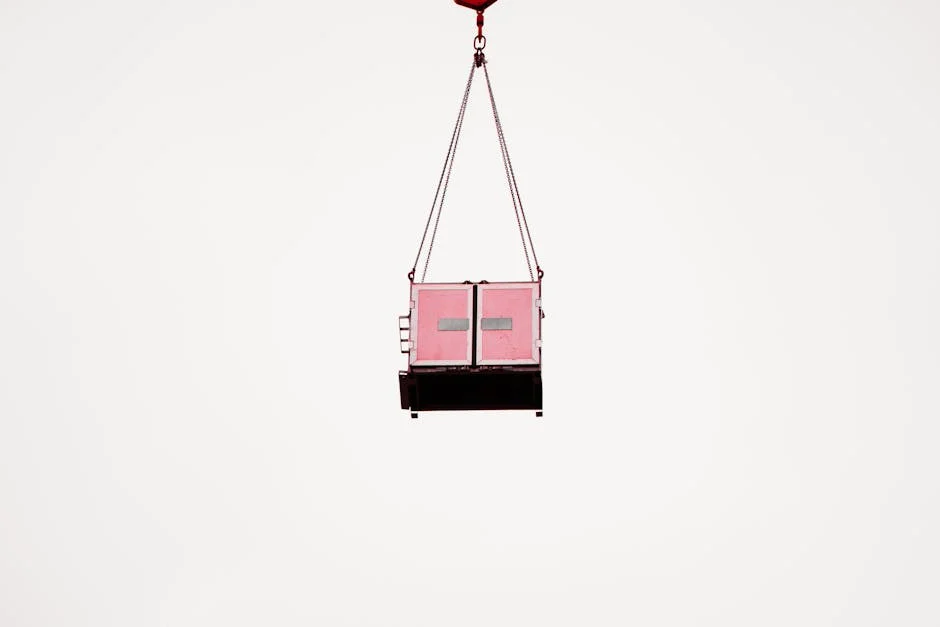Crates
Introduction
Crates are ubiquitous. From the shipping docks bustling with international trade to the cozy corners of homes embracing rustic decor, crates serve a multitude of purposes. This article dives deep into the world of crates, exploring their various types, materials, uses, and the advantages they offer across diverse industries and personal applications.
Main Sections
Types of Crates
Crates come in a remarkable variety, each tailored for specific applications. Understanding these differences is key to choosing the right crate for your needs.
- Wooden Crates: The classic choice, known for their strength and durability. Ideal for heavy items and long-distance transport.
- Plastic Crates: Lightweight, stackable, and often nestable. Perfect for food storage, retail displays, and situations requiring hygiene.
- Metal Crates: Robust and resistant to extreme conditions. Commonly used in industrial settings and for transporting hazardous materials.
- Collapsible Crates: Space-saving solutions that fold down when empty. Great for seasonal storage and optimizing warehouse space.
Materials Used in Crate Construction
The material of a crate dictates its strength, durability, and suitability for different environments.
- Wood: Pine, fir, and hardwood are common choices, offering a balance of cost and strength. Requires treatment for weather resistance.
- Plastic: Polypropylene (PP) and High-Density Polyethylene (HDPE) are popular due to their durability and resistance to moisture and chemicals.
- Metal: Steel and aluminum provide exceptional strength and protection. Often coated for corrosion resistance.
Common Uses of Crates Across Industries
Crates play a crucial role in streamlining operations and protecting goods across various sectors.
- Shipping and Logistics: Protecting goods during transportation, minimizing damage and ensuring safe delivery.
- Agriculture: Harvesting, storing, and transporting fruits, vegetables, and other agricultural products.
- Retail: Displaying merchandise, organizing inventory, and providing attractive storage solutions.
- Manufacturing: Storing and moving raw materials, components, and finished products within the factory.
- Home Storage and Organization: Organizing closets, garages, and living spaces, adding a touch of rustic charm.
Advantages of Using Crates
Crates offer a compelling set of benefits compared to other storage and transportation options.
- Durability and Protection: Crates provide superior protection against damage during handling and transit.
- Stackability: Efficiently utilize vertical space in warehouses and storage areas.
- Customization: Crates can be custom-built to accommodate specific dimensions and weight requirements.
- Reusability and Sustainability: Many crates are designed for repeated use, reducing waste and promoting sustainability. Consider using recycled or upcycled crates for enhanced environmental benefits.
- Cost-Effectiveness: While initial costs may vary, the long-term benefits of protection, reusability, and efficient storage can result in significant cost savings.
Buying Considerations: Choosing the Right Crate
Selecting the appropriate crate involves careful consideration of several factors:
- Weight and Dimensions of Items: Ensure the crate can safely accommodate the weight and size of the items being stored or transported.
- Environmental Conditions: Consider the temperature, humidity, and potential exposure to moisture or chemicals.
- Handling Requirements: Determine the type of handling equipment (e.g., forklifts, pallet jacks) that will be used.
- Budget: Balance the cost of the crate with its durability and long-term value.
- Sustainability Goals: Opt for crates made from recycled materials or those that can be easily reused or recycled.
Conclusion
Crates are more than just boxes; they are essential tools for efficient storage, transportation, and organization across a multitude of industries and personal applications. By understanding the different types of crates, materials used in their construction, and the advantages they offer, you can make informed decisions that optimize your operations, protect your goods, and contribute to a more sustainable future. Consider your specific needs and requirements carefully to choose the crate that best fits your purpose.














Post Comment